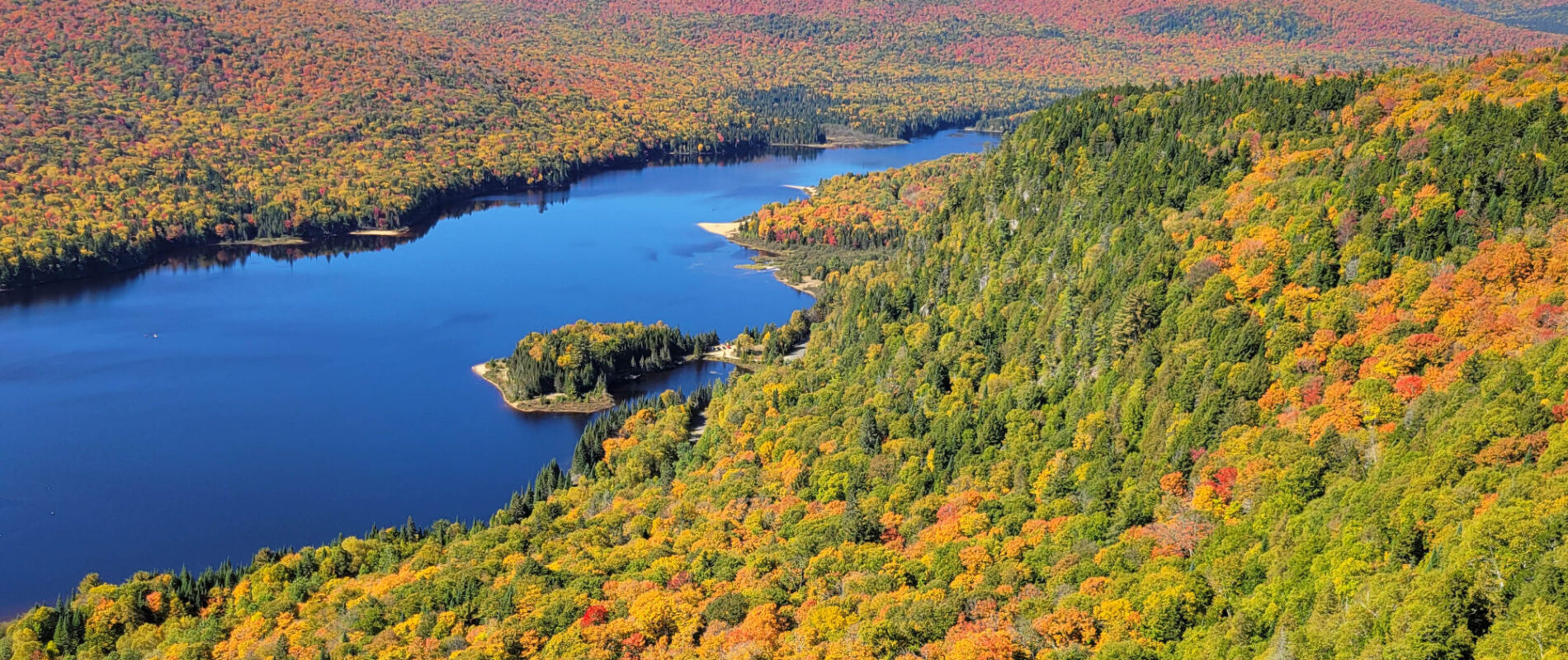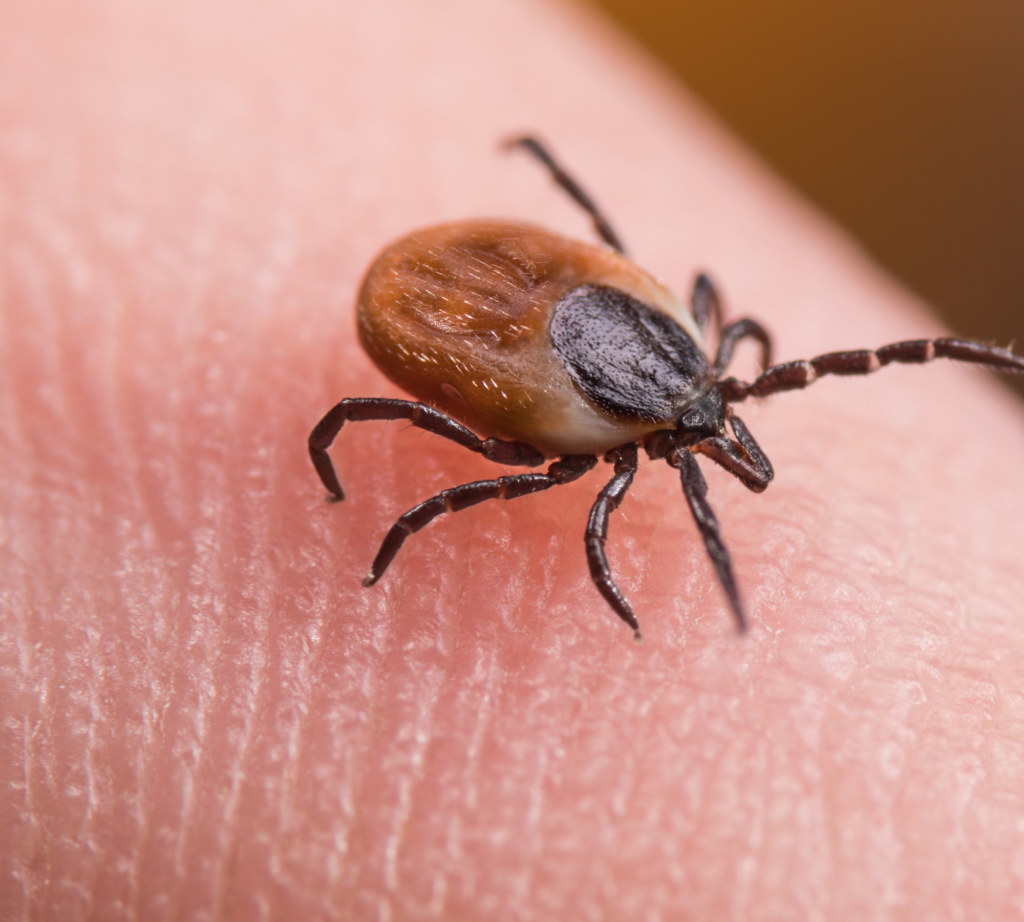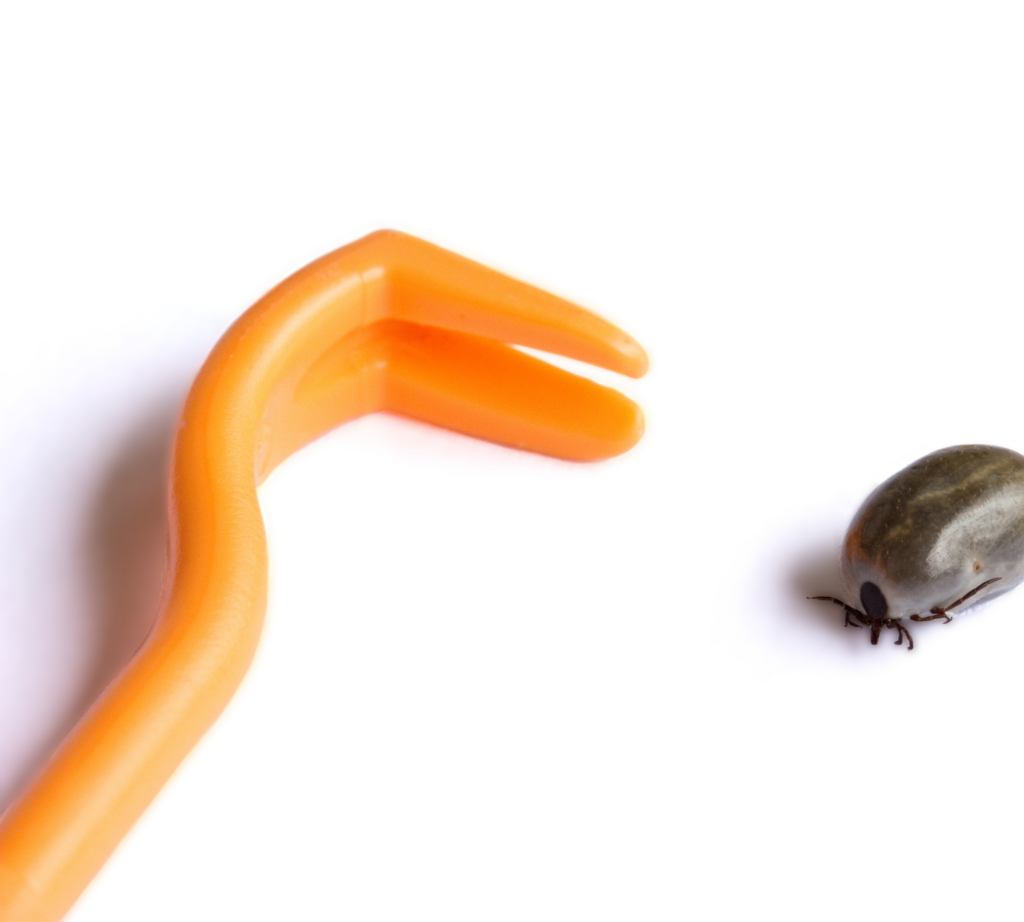Meet Romain, a 30-year-old video editor from France who embarked on a working holiday in Montreal, Canada. His adventure took an unexpected turn when he contracted Lyme disease during a hike in Quebec. Initially mistaking a tick bite for a harmless bump, Romain's health spiraled as mysterious symptoms like severe fatigue and neurological issues emerged. Despite numerous doctor visits in Canada and France, his condition remained undiagnosed for months, leading to a significant decline in his quality of life.
Romain's journey through the medical system was fraught with challenges, as he struggled to have chronic Lyme disease recognized by healthcare professionals. His frustration with the French medical system's skepticism about chronic Lyme pushed him to seek treatment in Germany, where the approach to Lyme is more advanced.
His story is not just about illness, but also about resilience and advocacy. Romain is now focused on recovering his health and returning to his passion for filmmaking, with plans to create a documentary about Lyme disease. His experience highlights the importance of awareness and proper care for tick-borne diseases, especially for travelers enjoying the great outdoors.
Curious to learn more about how Romain navigates his recovery and raises awareness about Lyme disease? Dive into his full story and discover his insights and advice for other travelers.
Romain's journey through the medical system was fraught with challenges, as he struggled to have chronic Lyme disease recognized by healthcare professionals. His frustration with the French medical system's skepticism about chronic Lyme pushed him to seek treatment in Germany, where the approach to Lyme is more advanced.
His story is not just about illness, but also about resilience and advocacy. Romain is now focused on recovering his health and returning to his passion for filmmaking, with plans to create a documentary about Lyme disease. His experience highlights the importance of awareness and proper care for tick-borne diseases, especially for travelers enjoying the great outdoors.
Curious to learn more about how Romain navigates his recovery and raises awareness about Lyme disease? Dive into his full story and discover his insights and advice for other travelers.












 Français
Français English
English








0 comments
{{like.username}}
Loading...
Load more